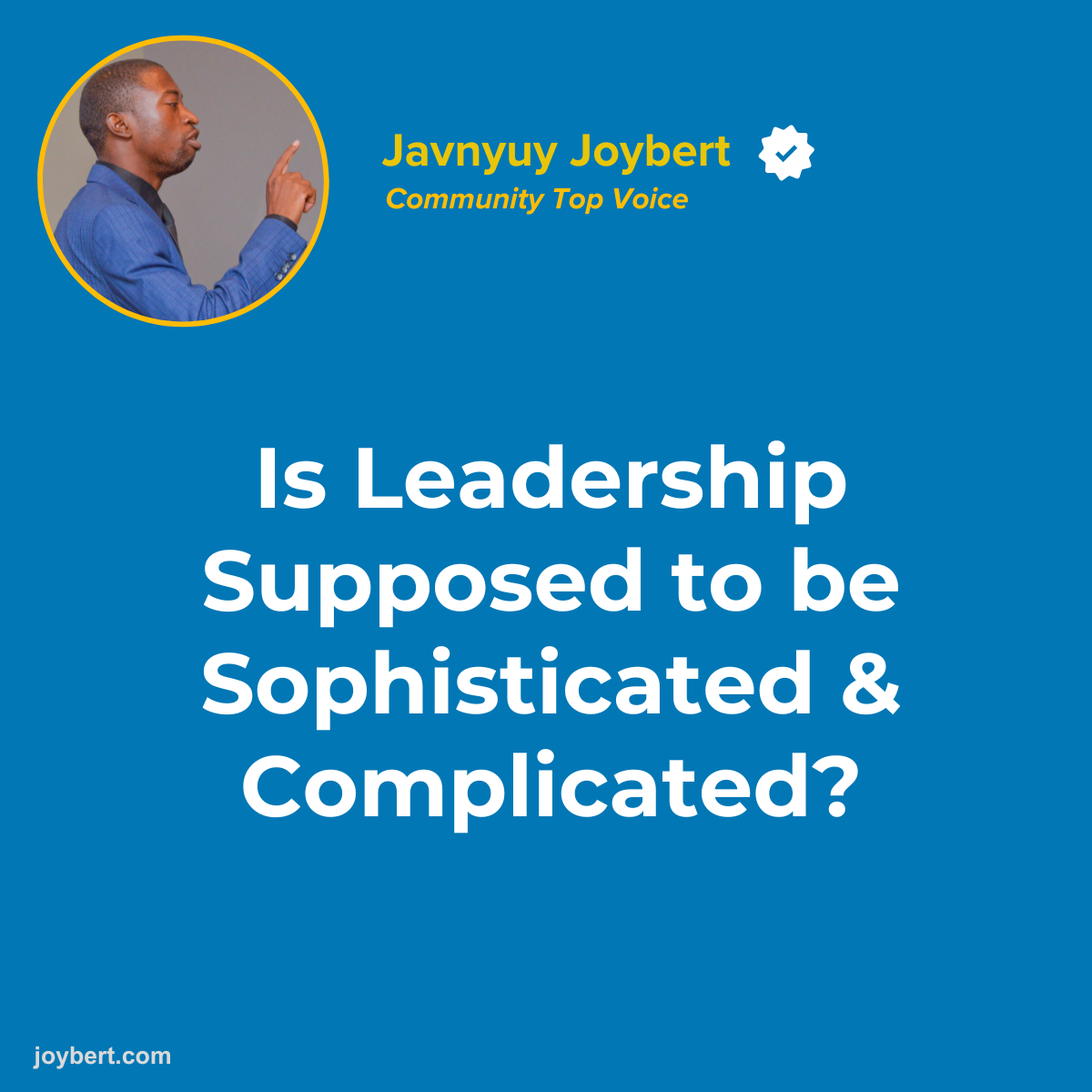Mar12

So a few days ago, I was reflecting on the state of leadership in 1990 when I was born and today. Just wondering how things must have changed.
Leadership has undergone a significant transformation over the past years, shifting from traditional, hierarchical models to more inclusive, collaborative approaches. Just 10 years ago, leadership was predominantly about top-down directives, where leaders provided guidance and direction, expecting subordinates to follow without much input.
This approach was rooted in a belief that leaders were more knowledgeable and capable than their followers, focusing on authority and control to achieve organizational goals.
Today, the landscape of leadership is markedly different. The 21st-century leadership model emphasizes;
- collaboration,
- empowerment, and
- inclusivity and more.
Modern leaders are more likely to view themselves as part of a team rather than above it. They value the diverse perspectives and strengths of their team members, fostering an environment where open communication and collective decision-making are the norm. This shift reflects a broader understanding that intelligence and capability are distributed throughout teams, and that harnessing this collective potential is key to achieving success in today's complex, interconnected world .
Here is one truth, in today’s fast-paced world, the essence of (visionary) leadership has become increasingly significant. A common misconception is that leadership involves complexity and sophistication, but the reality is far simpler and more profound. True leadership is about making things easier, producing results, empowering individuals, and democratizing processes without adding unnecessary complications.
You must not be complicated and sophisticated before you can be a leader.
Complexity and sophistication often serve as barriers rather than bridges. They can intimidate and alienate those we aim to inspire and lead.
The hallmark of a great leader is;
- The ability to distill complex ideas into understandable, actionable tasks.
This approach not only clarifies objectives but also encourages participation and innovation among team members. By making things easy, leaders can foster an environment where everyone feels valued and capable of contributing to the collective goal .
Producing results is another cornerstone of effective leadership. It's about setting clear, achievable goals and working collaboratively to reach them. Results are the measure of success in any endeavor, and a leader's ability to navigate the team towards achieving these outcomes is crucial .
Empowerment is at the heart of leadership. It’s about giving people the tools, resources, and confidence they need to succeed. When leaders empower their teams, they build a foundation of trust and respect that drives motivation and commitment.
Democratizing the leadership process is about inclusivity and diversity. A leader recognizes the value of different perspectives and encourages open dialogue. This approach ensures that decision-making is shared, and everyone has a stake in the success of the project .
To round up my talk, leadership is not about complicating things with jargon or creating exclusive circles. It's about simplicity, results, empowerment, and inclusivity.
By focusing on these principles, leaders can inspire their teams to achieve great things, fostering an environment where innovation thrives and goals are reached collectively.
Blessings!
Dr. Javnyuy Joybert
Keywords: Business Continuity, Business Strategy, Leadership
 The Orchestra Needs a Conductor: Why Multi-Model Agents Require H2E Governance
The Orchestra Needs a Conductor: Why Multi-Model Agents Require H2E Governance The Role of Memory in Modern-day Business
The Role of Memory in Modern-day Business The Architectures of Permanence: A Comparative Analysis of the "Big Three" AI Strategies (2026)
The Architectures of Permanence: A Comparative Analysis of the "Big Three" AI Strategies (2026) Friday’s Change Reflection Quote - Leadership of Change - Change Leaders Enable Generational Advancement
Friday’s Change Reflection Quote - Leadership of Change - Change Leaders Enable Generational Advancement The Corix Partners Friday Reading List - February 27, 2026
The Corix Partners Friday Reading List - February 27, 2026